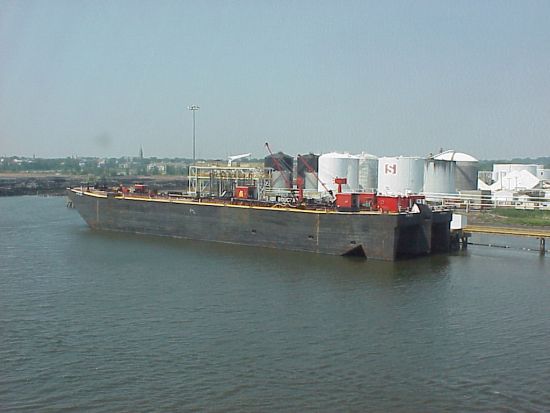
Rivers beat rail and road transport when it comes to saving the environment, The Heart of Illinois Regional Port District Executive Director points out. He adds,
A typical tow load of 15 barges on the river would represent the equivalent of 2 and a half miles of railway cars put together and almost 35 miles of trucks back to back. Agricultural products, especially grains, gravel, coal etc. are transported from Peoria by barges.
Jaegar list further advantages of taking recourse to river transport via barges, cutting down on rail and road transport. To begin with, fewer trains and trucks would require lesser traffic backups. As a direct consequence, there is a decrease in pollution caused by these modes of transport. To add to it, people living along the way of rails and trucks are spared from the honking and loud grumbling of the wheels. As the river banks are mostly uninhabited, there are lesser number of people suffering he ordeal of noise pollution. Also, barges are no less capable when it comes to carrying goods. They can carry up to 15 hundred tons of cargo, and that too, at 30% of the cost involved in transporting the same goods by rail.
However, this doesn’t mean we can overlook a major drawback of river transport via barges. A company opting for barges to transport its goods is sacrificing precious time. The time taken to deliver goods by barges is almost 10 times of the time taken by trains to transport goods across the same distance, and 11 times that of trucks. So it goes without saying that only those firms which are not in too much hurry to deliver goods can afford to opt for barges.
It’s surely a green mode of transport!




